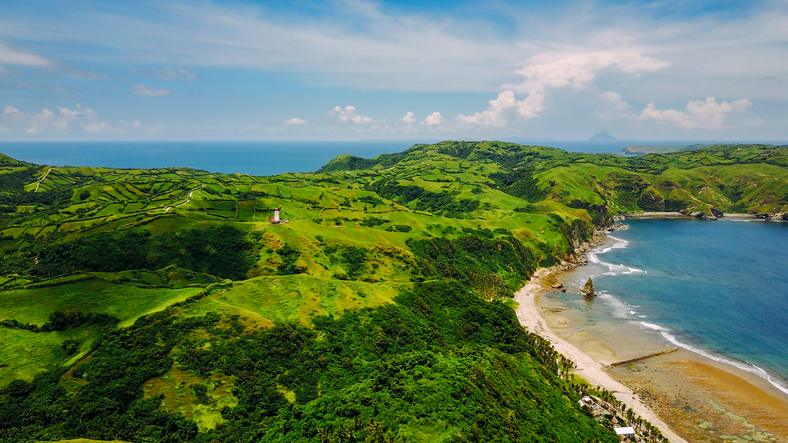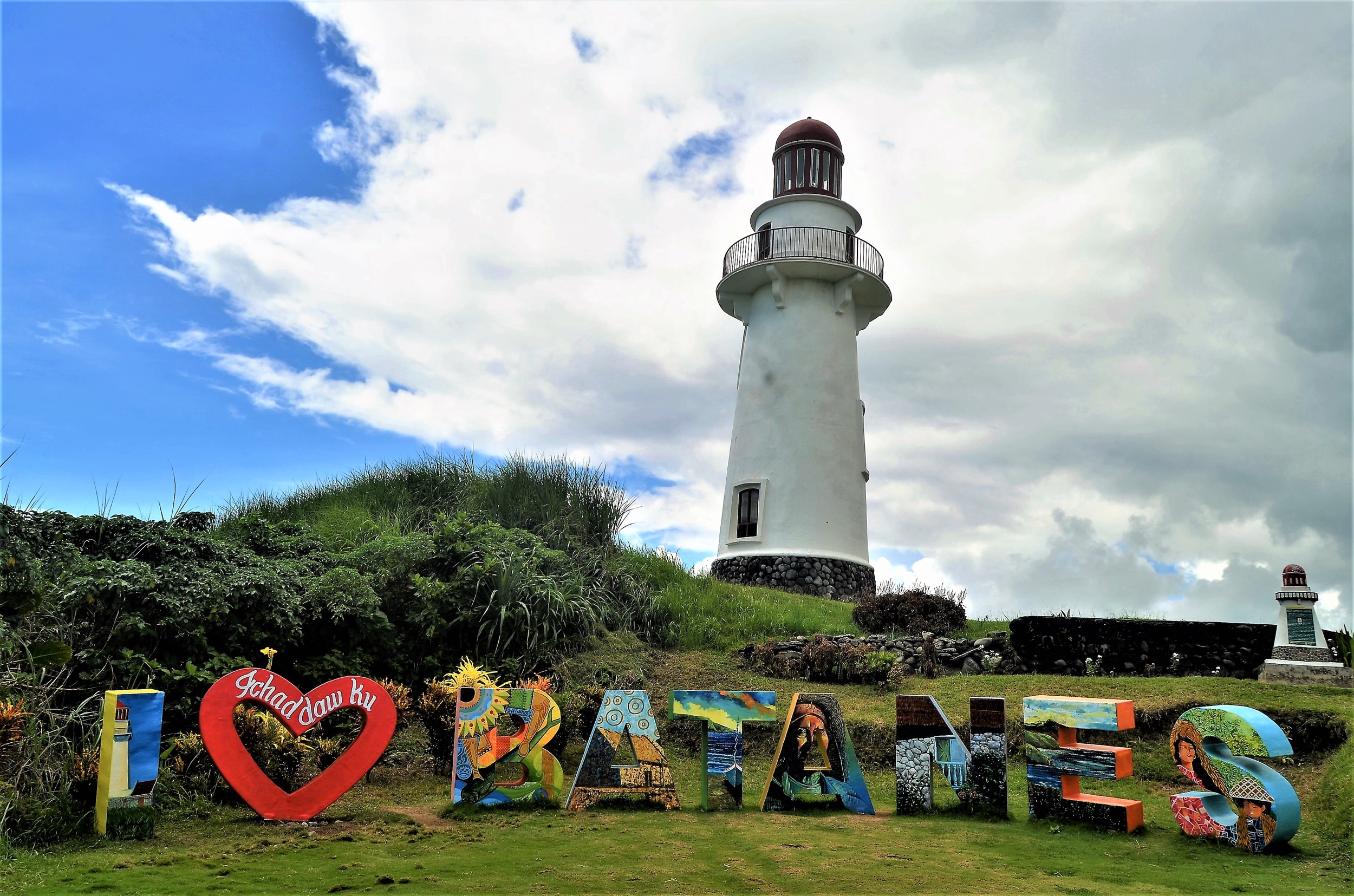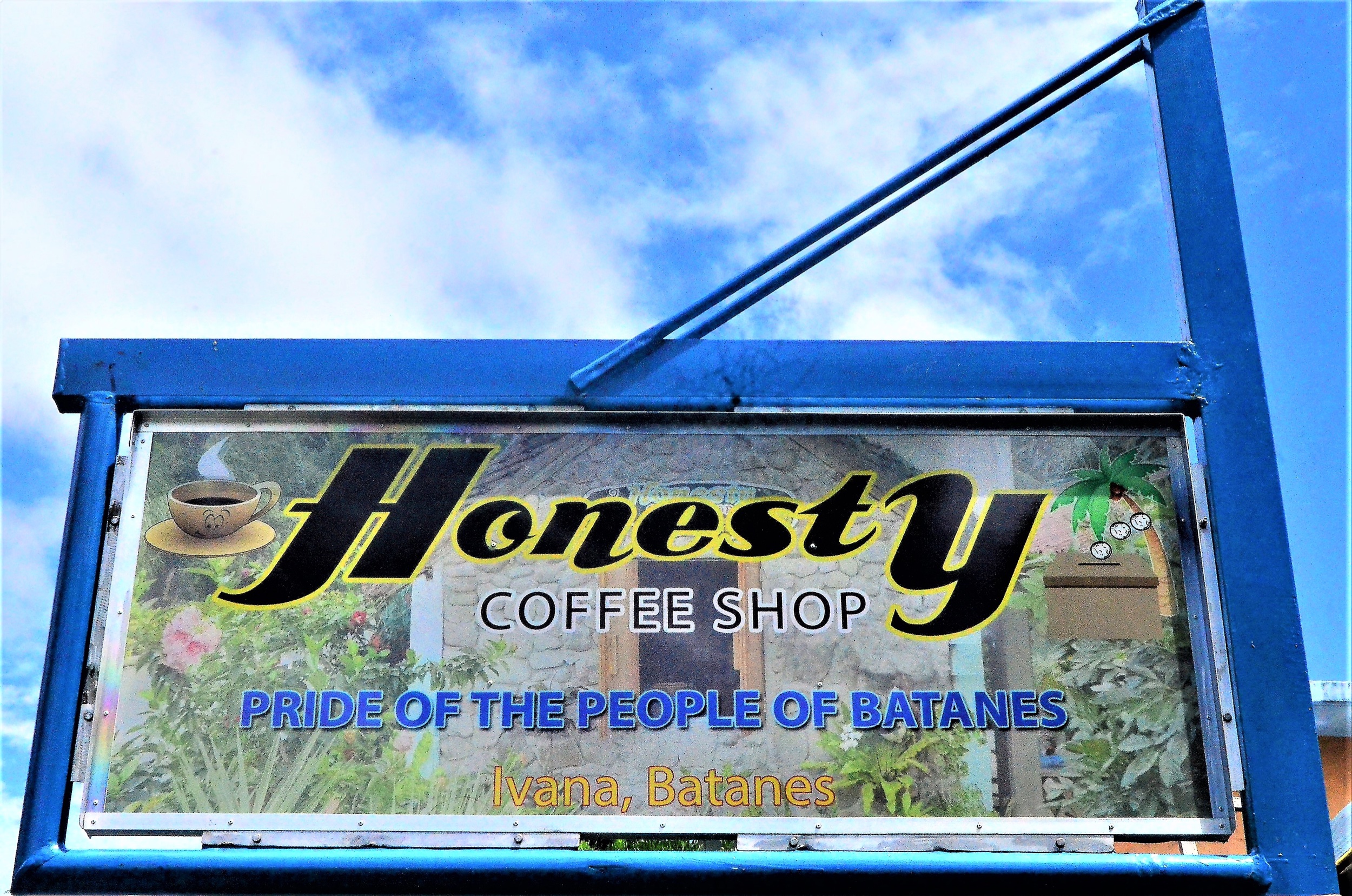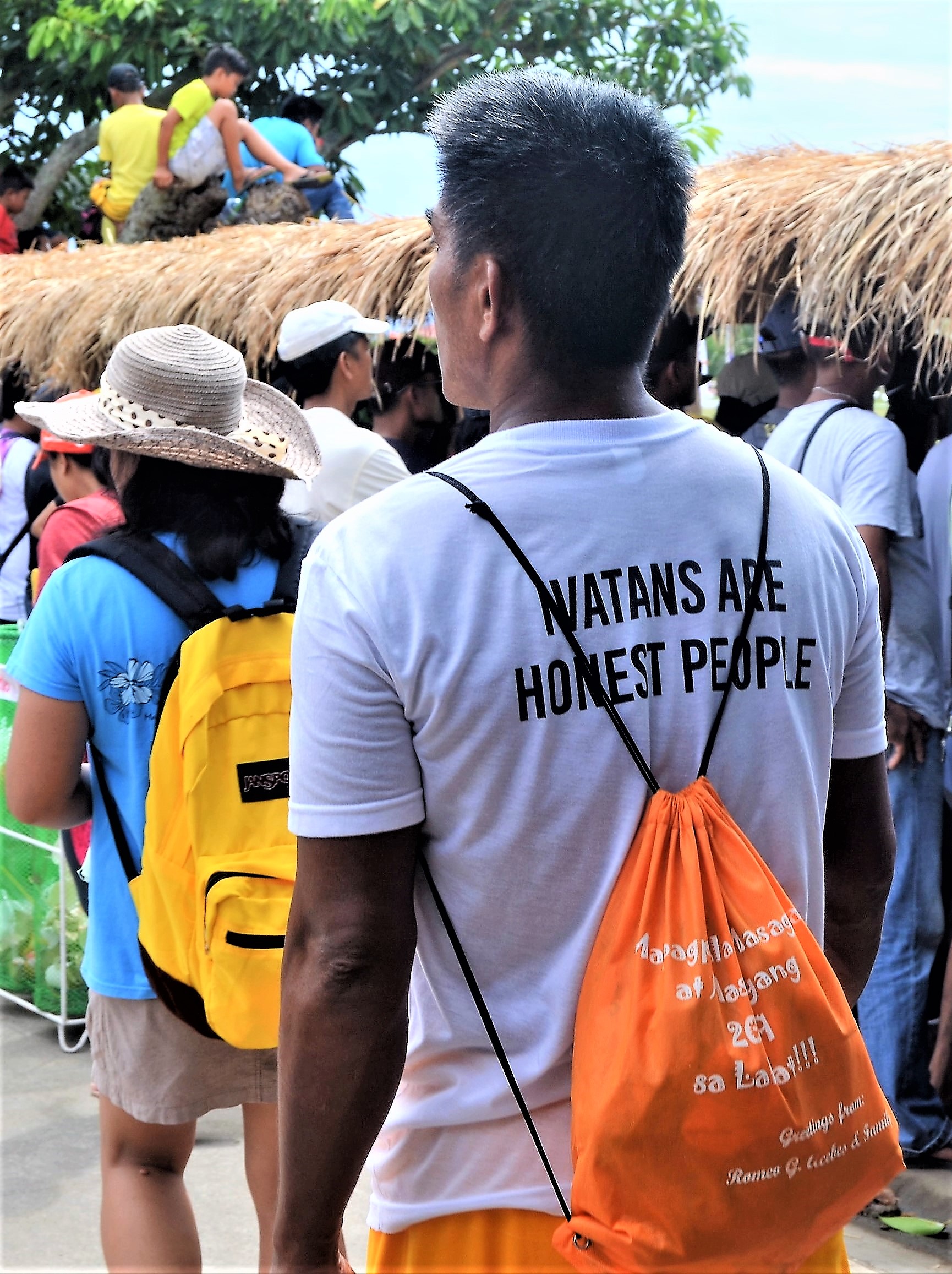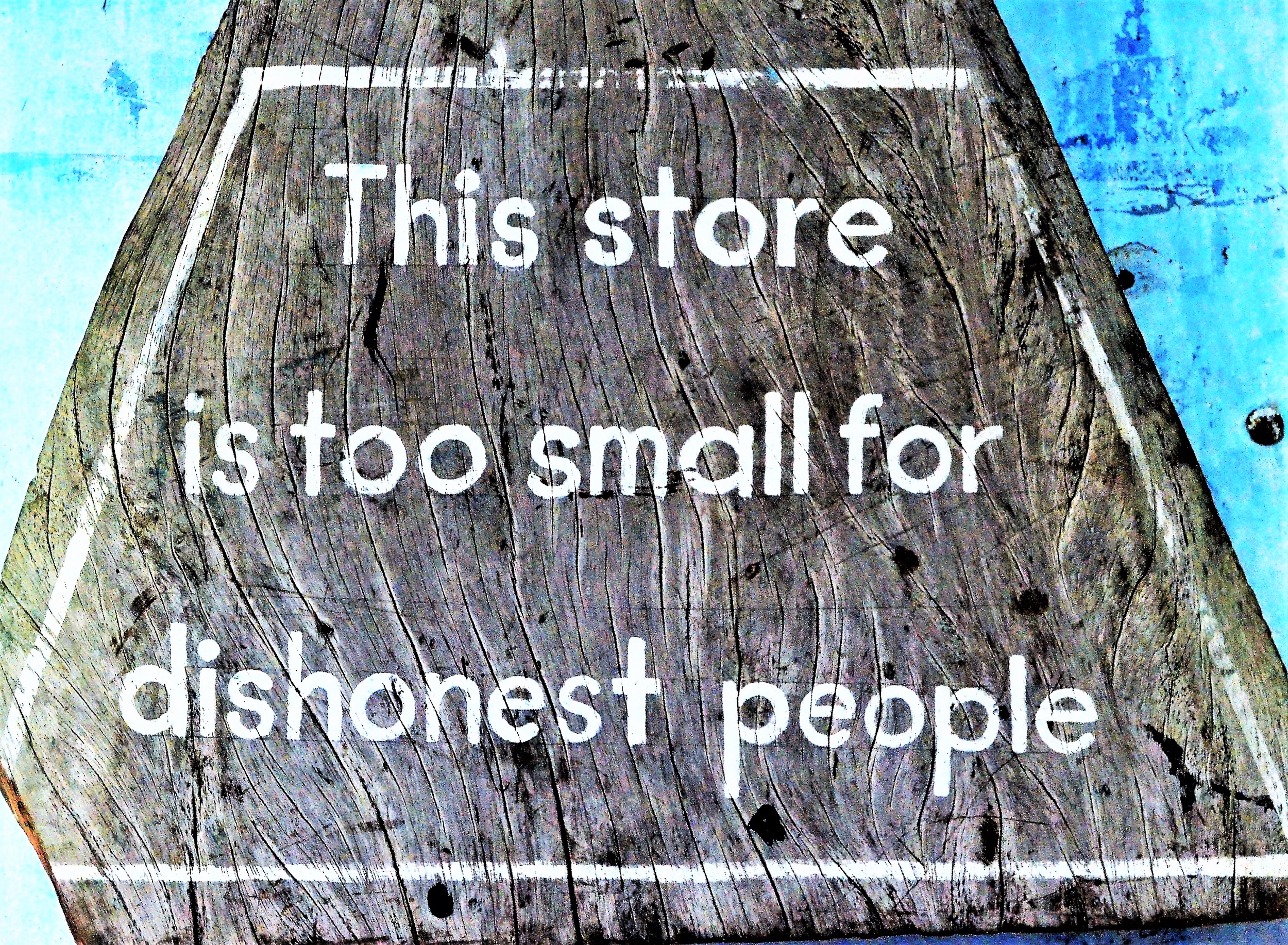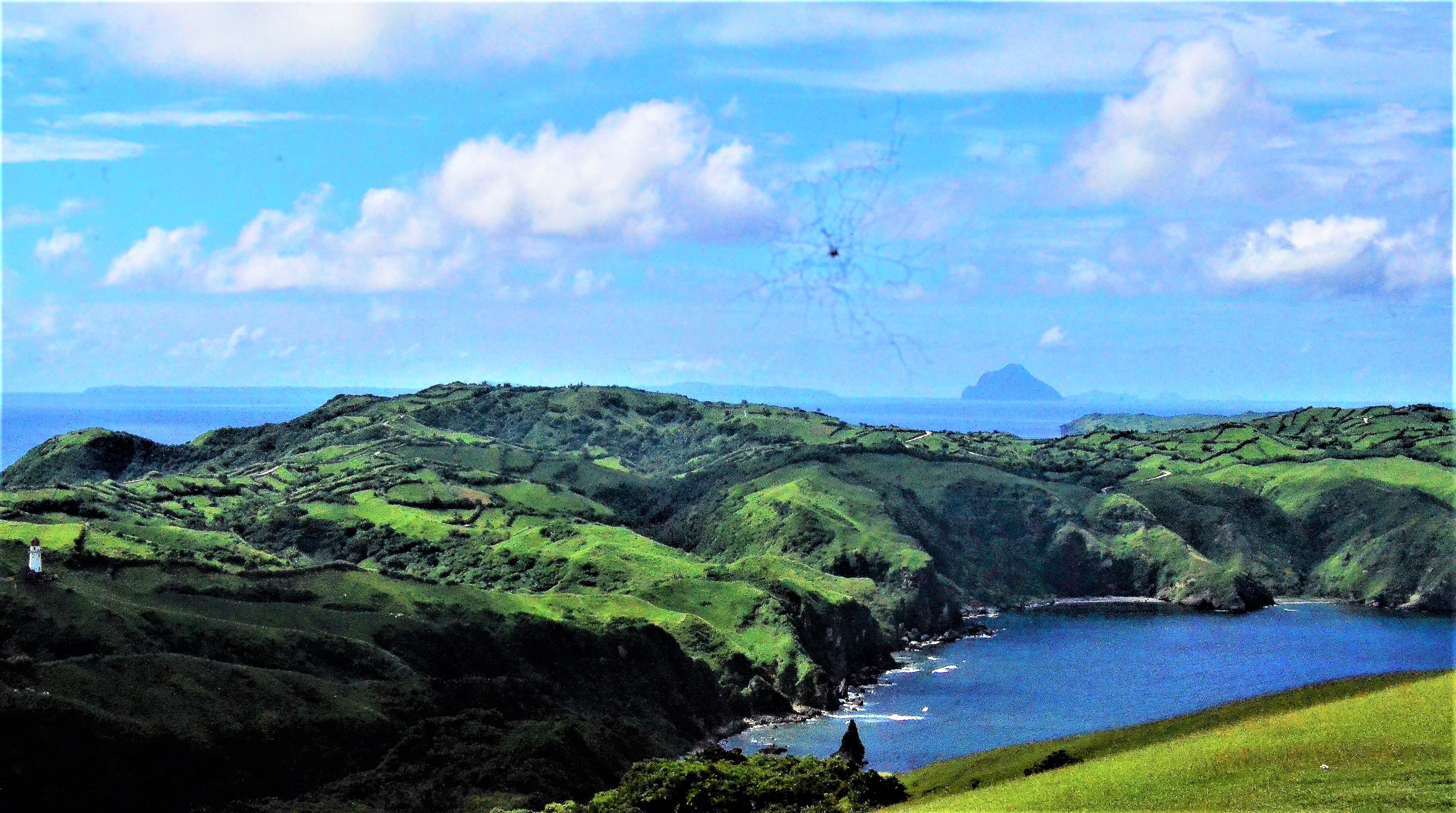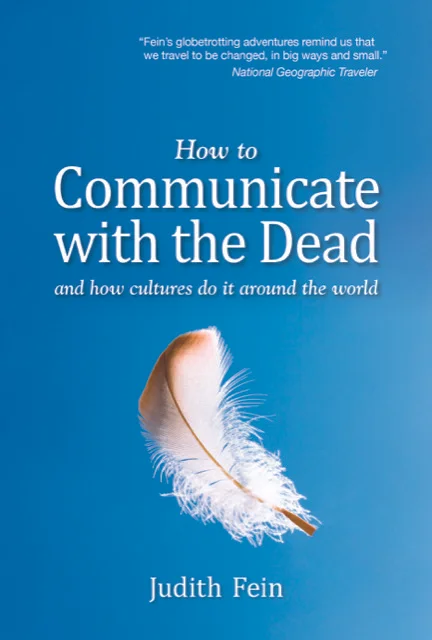Honesty Island
by B.J. Stolbov
The small group of islands called Batanes forms the northernmost, smallest, and most isolated province in the Philippines. These islands, with their panoramic views of lush green rolling hills, tall lighthouses, limestone cliffs, white sandy and gray rocky beaches, and blue-green ocean, are some of the most spectacularly beautiful and peaceful islands I have ever seen. But the scenery is not what makes Batanes so special.
The main island is Batan, whose name comes from the local word for the Ivatan, the native people who live here. Batan Island, where the capital of Basco and the only airport are, is about the size of Manhattan Island with a population of less than 13,000. To avoid confusion, I willrefer to Batanes as an island even though there are actually 11 islands, only three of which are inhabited: Itbayat, Sabtang, and Batan. Everyone calls the place Batanes.
On the southern part of Batan is the small town of Ivana. Near the center of town is the most unusual store I have ever been to: the Honesty Coffee Shop, which includes a bakery and a gift shop. There are no locked doors, no hidden cameras, no security guards, and no sales clerks. Customers choose what they want, write down in a log book what they’ve bought and how many, and then put their money into a wooden box. No one is watching. The store is built entirely on honesty.
Batanes is quietly famous in the Philippines for having no crime. Curious and just a little bit incredulous, I walked into the Batan Police Station and asked to meet with the Chief of Police to find out if this is indeed true. The Chief, a local Ivatan, is a relaxed, jolly fellow. When I asked him if there was indeed no crime in Batanes, he smiled and held his thumb and index finger a little apart. “Konti lang” (a little only), he answered.
He told me that there is some juvenile crime, mostly done by teenagers, and it generally involves petty stealing or shoplifting. This is settled by the school teachers and principals. Bullying in school is also settled by the teachers and principals.
Bullying outside of school is settled by the family. In the Philippines, the family includes the parents, grandparents, aunts and uncles, and older sisters and brothers. All have disciplinary rights within the family. If there is a problem, someone within the family will take care of it. Young people know it is not wise to get someone’s older brother or uncle angry with them.
Assaulting someone is handled within the context of wider social relationships. An assault is an assault not just on an individual; it is an assault on an entire family, clan, tribe, and community. Also, there is the knowledge that when one person assaults another person, they might need each other sometime in the future: that skinny person may be just the person needed to crawl into a cave or to climb up a tree, that heavy-set person may be just the one needed to pull in a fishing net or a fishing boat. Everyone needs each other.
Auto accidents on the narrow, winding roads occur and are taken care of by the parties to the accident. Being stubborn and bull-headed doesn’t help if you have to see each other sometime somewhere on the island or even borrow each other’s car. If someone is hurt, Batan has an excellent hospital and hospital bills are settled amicably.
The Ivatans of Batanes are not perfect and, as anywhere, there are fights, mostly family or neighbor disputes, often fueled by alcohol, from the locally made rice or sugar cane wine. Disputes are settled by the family, friends, neighbors, or a community elder, and by the next morning’s clear-headedness and need to work hard.
There are few guns on Batan and all are registered when they are brought onto the island. By the order of the Governor, and with the agreement of the police, the police do not carry guns. There is a jail, but currently no Ivatan prisoners.
As for major crime, there is none. I asked the Chief of Police about murder. He paused for a moment, thinking back, and answered, “Five or, maybe, six years ago, family dispute, bolo (a large native knife), sad, so sad.”
Some of the reasons that there is no crime on Batanes (and confirmed by the Chief of Police andby native Ivatans) are:
Batanes are small, isolated islands. The nearest mainland, Cagayan Province in the Philippines, is 200 km. (120 miles) away. No ships travel regularly to and from the mainland and only occasional ships that brings large equipment from the mainland. Batanes is almost entirely self-sufficient. All other transportation in and out is by plane, either jets or props, through security checkpoints from the airport in Basco, Batan.
Thus, there is no way to escape and nowhere to go. Every stolen objects is still on the island somewhere. If someone steals a car, it is still on the island and if the thief wants to use it,everyone will know. If someone steals a cow, and there is way more cows than cars, everyone will know. Everyone knows everyone’s cows.
Everyone knows everyone. Everyone is related by family, or clan, or tribe, or community, or town. If someone commits a crime, it is not only known who did it, the crime is a shame upon the family, clan, tribe, community, town, and upon all Ivatans.
However, the most important reason why there is no crime in Batanes is because the people there do not want crime in Batanes. Honesty is a cultural value that the Ivatans value highly, personally and as a society. They believe in honesty and know that dishonesty is a sickness that will destroy their society. At first, I was surprised and distrustful about their commitment to honesty. Later I understood when I saw a strong young man wearing a t-shirt with the hand-printed saying: IVATANS ARE HONEST PEOPLE.
In a conversation with an old gardener at the lodge where I was staying, he told me that he was honest and hard-working. I can’t remember ever hearing someone’s self-description start with honesty. Usually, honesty is somewhere down the list of self-described attributes and, often in other parts of the world, is looked upon with doubt and disbelief. As another t-shirt said: WHAT TO DO IN BATANES? BE HONEST.
Is this belief in honesty applicable in the “real world”?
Batanes is a small, isolated island. From a larger point-of-view, the entire Earth is a small, isolated island in space. Any material thing that is stolen is taken from someone. Any life that istaken is taken from everyone. All crime is a crime against all the inhabitants of our island. No one can get away. The criminal may enjoy the fruits of a crime temporarily, but, eventually, and finally, no one can take anything with them.
Ultimately, the punishment for crime is not arrest and imprisonment. As the Ivatans know so well, the punishment for crime is dishonor, disgrace, shame, guilt, and most tragically, mistrust. Once honesty is replaced with dishonesty, and mistrust enters a culture, our island is diseased, and, maybe, doomed.
The reminders of the Honesty Coffee Shop are written on a wall at the entrance:
• This is a self-service store.
• You are free to browse and purchase items that are for sale.
• Prices are fixed.
• There are no shopkeepers to serve and take your payments.
• Kindly list the items you purchased and the amount paid in the log book.
• Please pay the exact amount, nobody is around to give you change.
• If you want to pay more, we would like to thank you for you generosity.
• Thank you for your visit. God Bless us all.
I chose a small, hand-lettered wooden plaque. I listed the item in the log book and paid the exact amount of 100 pesos, about $2 dollars. The plaque says:
This store
is too small for
dishonest people
Batanes is one of the most spectacularly beautiful and peaceful place I have ever been to; it is also one of the most challenging and disturbing. In a culture based on honesty, are the people honest because they freely chose to be or because the culture expects it? Is it easier to be honest when there are fewer temptations for being dishonest? Are we born naturally honest or does honesty need to be taught and learned? For the Ivatans of Batanes, honesty is their most important cultural value, what is ours? What is my most important personal value? These, and many more questions, is something I am still, honestly, exploring.
B.J Stolbov lives and farms in Northern Luzon in the Philippines.

